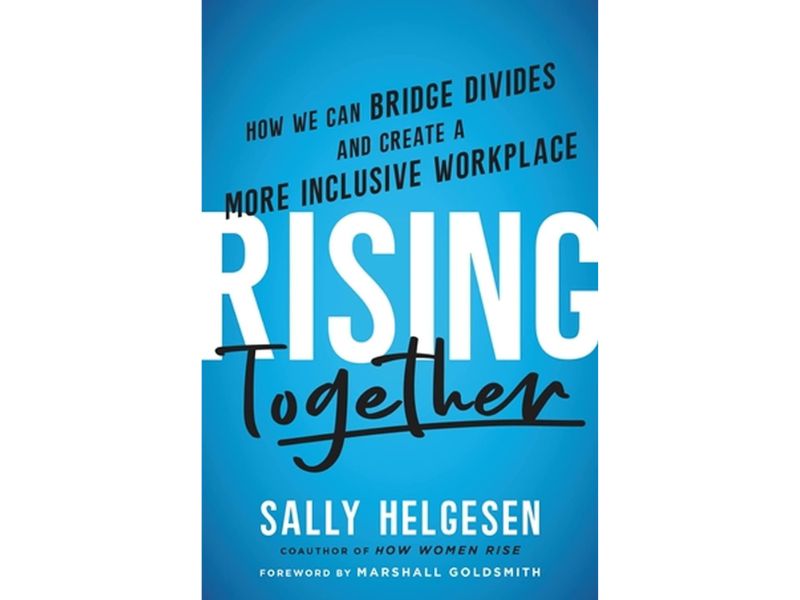In order to achieve diversity and inclusion in the workplace, men must lean in too.
Obstacles to gender parity are well-documented, from parental leave to part-time working, both of which are tainted with the assumption that they will delay or derail a promising career. Around 54,000 women a year in the UK lose their jobs as a direct result of pregnancy or maternity. Furthermore, a recent survey conducted by the Department for Business, Energy and Industrial Strategy (BEIS) reported 51 per cent of respondents admitting there is sometimes resentment among other employees towards those who are pregnant or on maternity leave. Companies must make the effort now to curb these unhelpful attitudes and introduce policies that will place employees on equal footing, regardless of their status as parents or how many hours they work each week.
Embracing the idea of true flexible working – be it part-time, job sharing, compressed hours or working from home – will attract more diverse candidates to a company, as well as strengthen trust and satisfaction levels between employer and employee. It will also allow parents to continue to rise through the ranks in their profession. This is further improved by organisations implementing shared parental leave, allowing parents to split childcare and preventing women from being pushed down the usual path of primary caregiver and part-time work once their maternity leave ends.
The disproportionately female part-time workforce can also be encouraged into working towards promotions and pay-rises by senior management positions being opened up to those who need to work flexibly. The notion that workers who are in the office 9-5, five days a week, will perform best for a business is false and out-dated. Happy employees, who feel respected by their employer, often work most productively and successfully.
Attitudes towards flexible working, parents and parental leave need to change in order for the policies encouraging diversity and inclusion to thrive. In the BEIS survey, almost a third of employees believed that pregnant women and new mothers were less interested in career progression. This toxic, traditional mind-set can be changed if employers support women in their career pursuits post-pregnancy. The same goes for supporting those looking to work outside the usual full-time 9-5 pattern. Men must lean in here because they overwhelmingly hold senior positions; ONS statistics put the gender pay gap in marketing at 22 per cent for board directors and 32 per cent as owners and partners.
Men can also provide valuable input and lead by example. By taking their full entitlement to shared parental leave, not only do they gain precious time with their children, they also gain an insight into the role women have always been expected to take. This empathy can then allow them to support other colleagues in similar positions, facilitate and encourage flexible working, as well as model inclusive behaviour. Bim Afolami recently did so, as the first male MP to vote by proxy while on parental leave. He was following Tulip Siddiq, who was the very first MP to proxy vote as a new parent. He was quoted as saying that he did not wish to “feed the myth that to be a real man in the workplace you don’t take baby leave, you keep your head down”.
 About the author
About the author
Adele Gritten is Managing Director UK for Future Thinking. Adele has been in research, strategy and marketing planning roles for 20 years, having worked in media agency, research agency and client side roles during that time.









